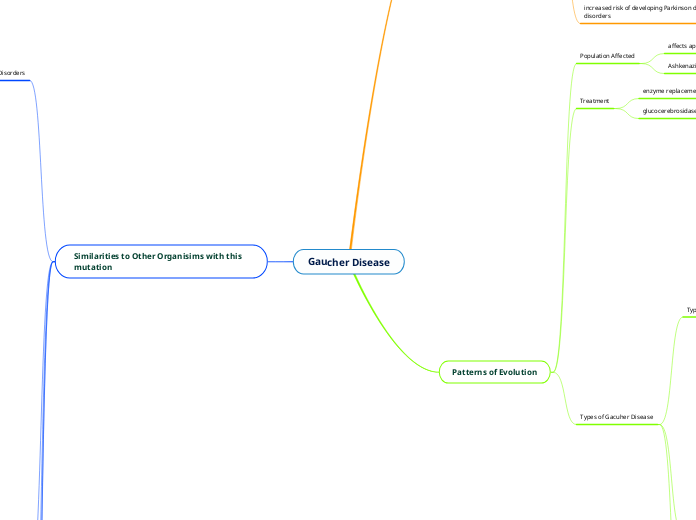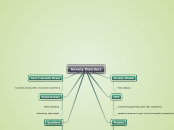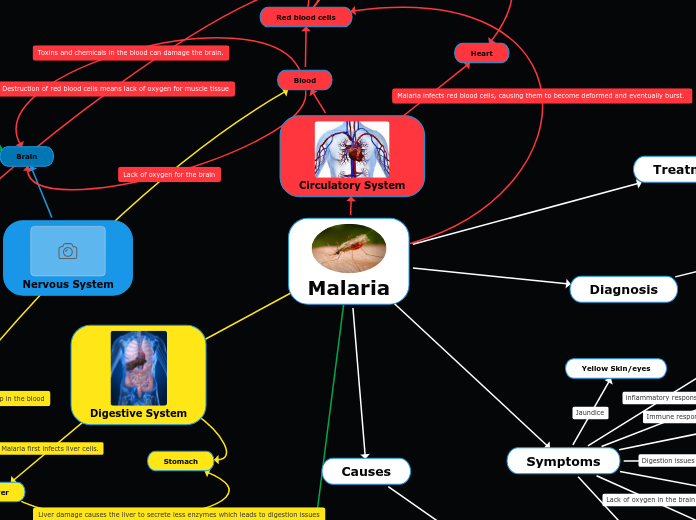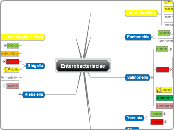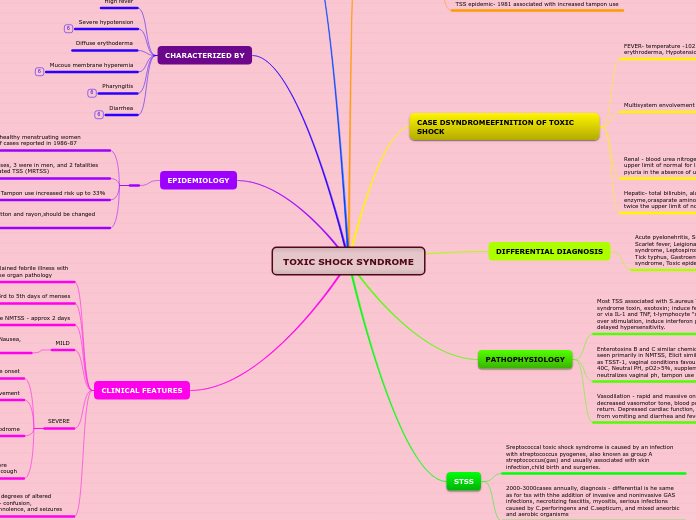Gaucher Disease
Similarities to Other Organisims with this mutation
affects chromosome 1q21
two copies of the N370S mutation of the GBA gene
Gene Mutation
genotypes (N370S) encodes an enzyme that has sufficient residual enzyme activity to ensure that significant neurologic disease does not occur
death
anemia
Bone damage
jaundice
Fatigue
Pain
glucocerebrosidase
Fat Accumulates in:
Bone Marrow
Spleen
Liver
glucocerebroside fat can't be broken down
multifactorial inheritance disorders
Alzheimer's disease
Cancer
Monogenetic Inheritance Disorders
Cystic fibrosis
Life expectancy only into their 50's
Treatment but no cure
Affects cells that make digestive juices
Secretions are thick and clog up the body
Affects cells that makes sweat
Affects cells that makes mucus
Damage to digestive system
Damage to Lungs
Huntington's disease
Psychiatric Disorder
Cognitive Disorder
Movement Disorder
degeneration of nerve cells in the brain
Marfan syndrome
Skeleton
Blood Vessels
Eyes
Heart
Connective tissue
Sickle cell anemia
Vision Problems
Delayed puberty
Damage Spleen
Pneumonia
Infections
Swelling of hands and feet
Intense pain for days
Red blood cells die in 10 days instead of 120
No Cure
Painful
Sticky and stick to walls of veins
Shaped like sickles
Shape of red blood cells
Iron overload (hemochromatosis)
Reproductive System issues
early menopause in women
Erectile dysfunction
Grey Skin
Problems with the spleen, adrenal glands, pituitary gland, gallbladder or thyroid
Diabetes
Arthritis (joint damage)
damage to pancreas
Damage to liver
Liver failure
Liver cancer
Enlarged liver
Cirrhosis (scarring)
Damage to heart
Heart failure
Arrythmia (irregular heartbeat)
Hemochromatosis
body stores too much iron
Make red blood cells
Help hemoglobin in blood cells carry oxygen throughout your body.
Patterns of Evolution
Types of Gacuher Disease
Type 3 is chronic neuronopathic
It is treatable
primary central nervous system involvement,
eye movement disorders
seizures
liver and spleen enlargement
breathing problems
blood disorders
skeletal problems
Type 2 is called acute neuronopathic
primary central nervous system involvement
neurological impacts
abnormal accumulation of glucocerebroside in the brain
affects newborns and infants
It is fatal
Type 1 is called non-neuronopathic
lack of primary central nervous system involvement
don't have enough platelets in their blood
Proteins in blood
How platelets function
possibly kidney, lung, and skeletal problems
enlarged liver or spleen
bruise easily and feel tired often
history of excessive or prolonged bleeding
Subtopic
Surgical procedure
Minor cut
Women more prone than men
Skin becomes thinner
Some dietary supplements, such as ginkgo biloba, have a blood-thinning effect.
Corticosteroids thin the skin, making it easier to bruise
protective fatty layer that helps cushion blood vessels from injury gets thinner
Blood leaks out of vessels and appears as dark matter under the skin.
Small blood vessels (cappilaries) are broken
Arms
Legs
Blow/Injusry
It is treatable.
affects 90% of people
Treatment
glucocerebrosidase enzyme given intravenously
enzyme replacement therapy
Population Affected
Ashkenazi Jewish population 1 in 500 persons
affects approximately 1 in 100,000 persons
How the Mutation Arose
increased risk of developing Parkinson disease and related disorders
it is an autosomal recessive inherited disorder that affects the metabolism
passed down from parent to child
Transmission from carrier parents
1 in 4 (25 percent) chance to have a child who is neither affected nor a carrier
1 in 2 (50 percent) chance to have a child who is a carrier like themselves
1 in 4 (25 percent) chance to have a baby born with Gaucher disease
lack of phenotypes
verified by a beta-glucosidase leukocyte (BGL) test
50% of people diagnosed are under the age of 20
GBA gene (glucosylceramidase beta)
